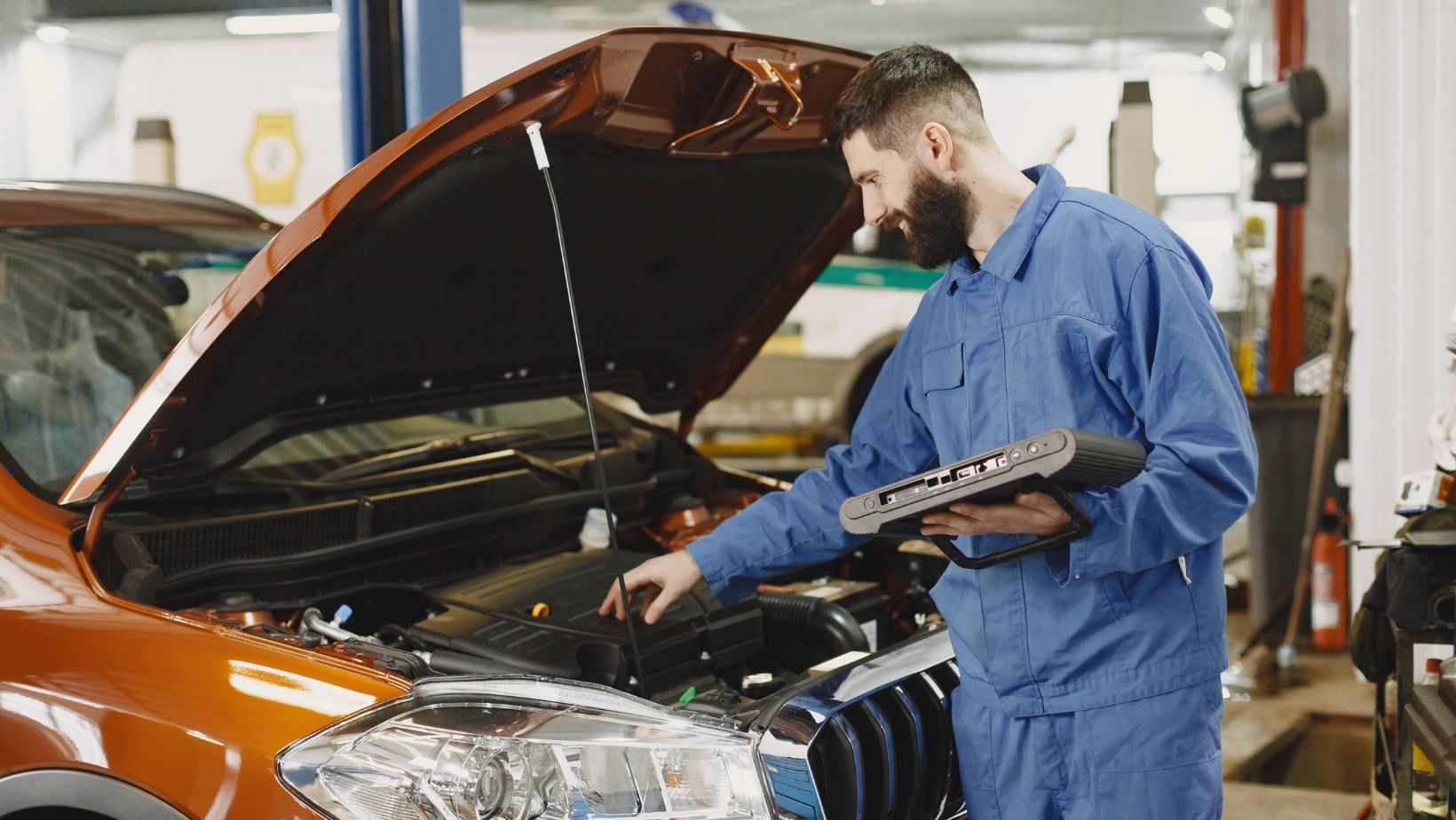 Car Leaking Coolant Repair Cost
Car Leaking Coolant Repair Cost
Coolant leaks can be a worrisome problem for car owners, as they can lead to engine overheating and potential damage. In this article, I’ll break down the average repair cost for a car leaking coolant, based on my years of experience in the automotive industry. By understanding the factors that influence the cost, you’ll be better equipped to make informed decisions and budget accordingly.
Signs of Coolant Leaks
Overheating Engine
One of the most obvious signs of a coolant leak is an overheating engine. When there is a leak in the cooling system, the coolant levels drop, leading to inadequate cooling of the engine. As a result, the engine temperature rises, and you may notice the temperature gauge on your dashboard moving into the red zone. If you ignore this warning sign, it can lead to severe engine damage and even a complete engine failure.
Sweet Smell in The Car
Another telltale sign of a coolant leak is a sweet smell inside the car. Coolant has a distinct sweet smell, and if you notice this odor while driving, it could indicate a leak in the heater core or a hose connection. The heater core is responsible for providing heat to the cabin, and a leak in this component can cause coolant to enter the ventilation system, resulting in the sweet smell. Ignoring this smell can lead to a compromised heating system and potential damage to other components.
Low Coolant Levels
Monitoring your coolant levels regularly is crucial in detecting a coolant leak. If you find yourself frequently having to top up the coolant in your car, it’s a clear sign of a leak. When the cooling system is functioning properly, the coolant should remain at a consistent level. However, if there is a leak, the coolant will gradually decrease over time. It’s important to note that low coolant levels can also be caused by evaporation or a faulty coolant reservoir cap.

Average Repair Costs
Radiator Replacement
When it comes to repairing a car with a coolant leak, one of the most common and costly repairs is a radiator replacement. The radiator plays a crucial role in keeping the engine cool by circulating coolant through the system. Over time, the radiator can develop leaks due to corrosion or damage. If a coolant leak is detected in the radiator, it’s important to address the issue promptly to prevent further damage to the engine. On average, the cost of replacing a radiator can range from $400 to $900. This cost includes the price of the new radiator itself, as well as the labor involved in removing the old radiator and installing the new one.
Radiator Hose Replacement
Another common component that may need to be replaced in a car with a coolant leak is the radiator hose. The radiator hose carries coolant between the radiator and the engine, ensuring that the engine stays at the optimal temperature. Over time, the hose can become worn or develop cracks, leading to coolant leaks.
The cost of replacing a radiator hose is generally much lower than that of replacing the radiator itself. On average, the cost of a radiator hose replacement ranges from $80 to $200. This cost includes both the price of the new hose and the labor involved in removing the old hose and installing the new one. Again, the final cost will depend on factors such as the make and model of the car and the location of the repair shop.
Engine Block Repair
In some cases, a coolant leak can be a sign of a more serious issue, such as a cracked engine block. The engine block is the main structure of the engine, housing various components including the cylinders and coolant passages. If the engine block develops a crack, coolant can leak into the combustion chamber or oil passages, leading to potential engine damage.
Repairing a cracked engine block can be a complex and expensive process. The cost can range from $1,500 to $4,000 or more, depending on the severity of the crack and the make and model of the car. In some cases, the engine block may need to be replaced entirely, which can significantly increase the cost of the repair.
Conclusion
Recognizing the signs of coolant leaks in your car is crucial for preventing engine damage and costly repairs. By paying attention to an overheating engine, a sweet smell in your car, and low coolant levels, you can catch coolant leaks early on and take action. Regularly monitoring your coolant levels is also important to ensure that any leaks are detected promptly. Addressing coolant leaks promptly is essential to prevent further damage to your engine and avoid costly repairs. Ignoring the signs of a coolant leak can lead to more severe issues and higher repair costs down the line. By taking action early and seeking professional help, you can save yourself from unnecessary expenses and ensure the longevity of your car’s engine.

 Car Leaking Coolant Repair Cost
Car Leaking Coolant Repair Cost




































